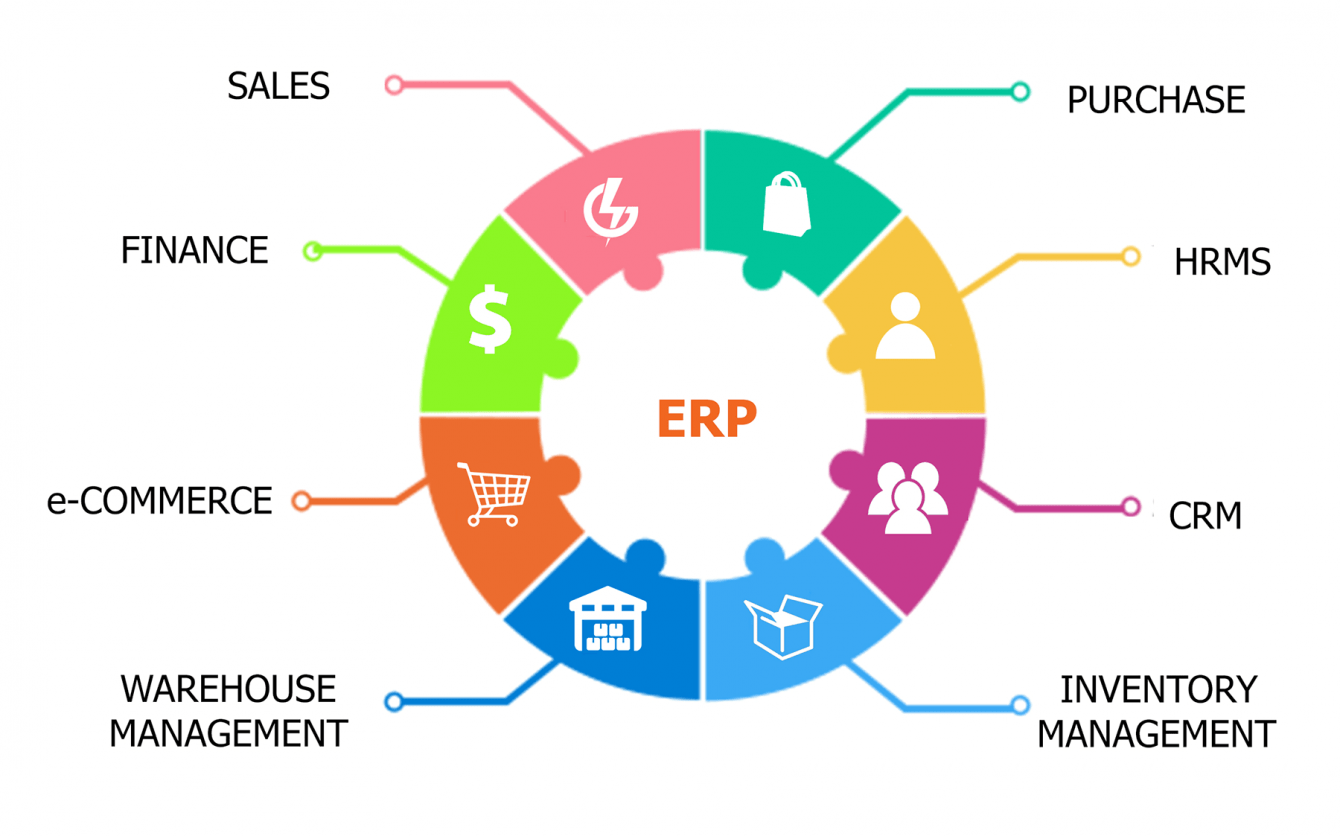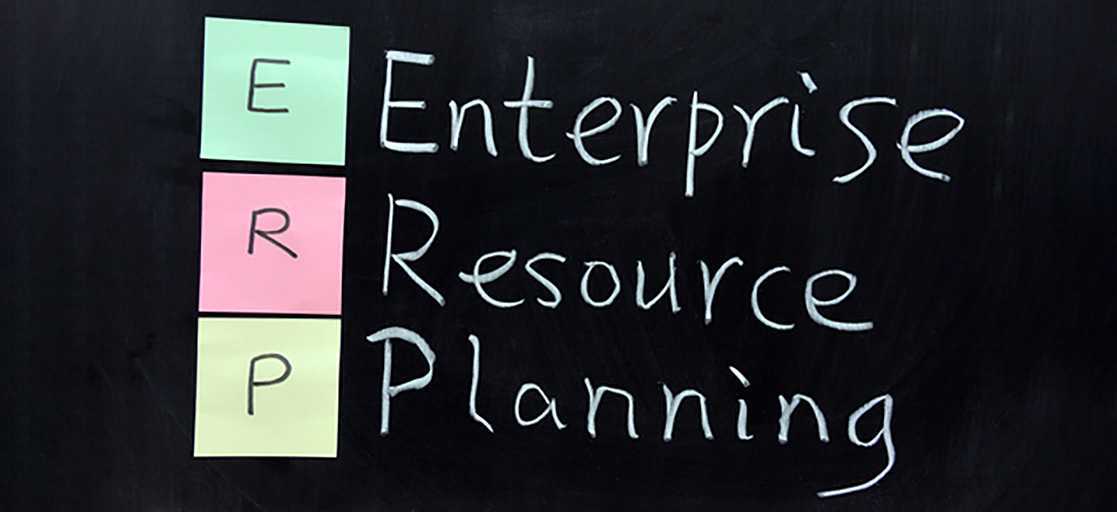Enterprise resource planning (ERP) is management software that integrates all relevant business processes of a company. Let’s find out how this type of software works
I sistemi ERP for many years now they have become an essential part of the company organization and are fundamental for the functioning of the processes and dynamics within a company. THE ERP management software over the years they have had some very important evolutions from the point of view of development and are now gods very advanced tools and of which companies cannot do without.
ERP systems: what are they?
Let’s start by defining what we mean by an ERP system: by enterprise resource planning system we mean an IT system that serves for the management and planning of the company and which has the function of integrating all company business processes. An example of an ERP management system is Sap Business One by runner-tech (which is one of the best companies when it comes to implementing this management system).
The term ERP it began to spread from the 1990s and within this classification they ended up in all the management software that met specific requirements such as:
- Computerization of the company
- Management of multiple departments, markets, companies, etc.
- Standardization of solutions and functions
- High level problem management
Over the years these systems have dealt with a very important evolutionary process and many different models have been created, also suitable for different types of companies: some ERP management software are in fact more suitable for small and medium-sized enterprises, others are for large or multinational companies.

How do the latest generation ERP systems work?
What do we mean by the latest generation ERP system? Of course a system that has the function of integrating all the most important business processes of a company such as sales, warehouse, purchasing, administration, etc. The most important support that these software provide to the companies and the actors involved consists in the optimization of all the typical processes of the business organization through IT systems whose main task is to try to reduce waste and eliminate errors.
In order for the ERP system to be functional and give advantages to the company and its operators it is essential that the information is useful and usable for the various company departments. The latest generation enterprise resource planning management software differ from the first models born (which were used to manage the logistics and production areas) as they are integrated systems that can be modulated to cover all the automated areas of a company and for which a monitoring activity must be carried out.
A further evolution of these management software is due to the fact that the new ERPs take advantage of the technological innovations in the field of communication (smartphone, laptop, etc.) allowing the various actors involved to communicate with the various commercial, production, administrative, purchasing departments, etc. also ensuring a strong integration between the various departments.
The evolution of the sector has also allowed local companies to develop national ERP software which have the advantage of being much more suitable for local companies as they are adapted to the reference market especially from the point of view of accounting and tax aspects of which leading companies in other markets certainly have less knowledge and experience.















